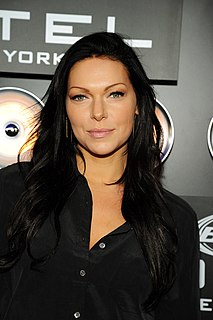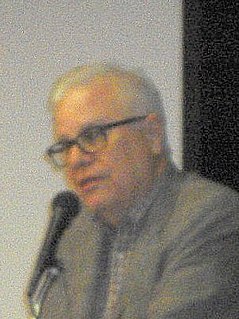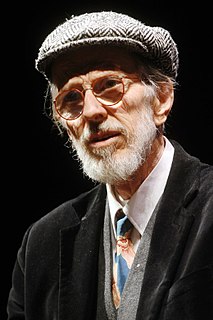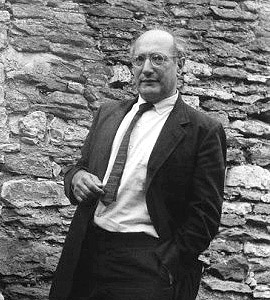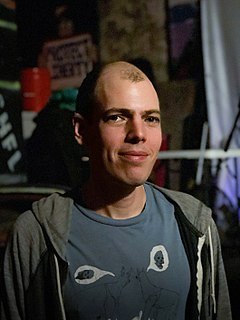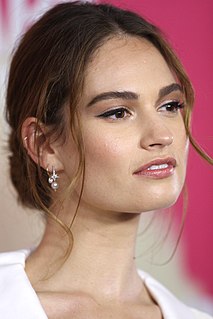A Quote by Oliver Jeffers
I started hiding my paintings in certain ways, like behind panes of glass for example. Then, instead of hiding them I did something quite cold and clinical: I built a wooden box, filled it with enamel paint and dunked the painting in so you could only see a suggestion of it from a controlled point of view.
Related Quotes
The reason for my painting large canvases is that I want to be intimate and human. To paint a small picture is to place yourself outside your experience, to look upon an experience as a stereopticon view or with a reducing glass. However you paint the larger picture, you are in it. It isn't something you command.
It took me a while to warm to the '20s costumes on 'Downton.' I love it when women accentuate their curves, and that era was all about hiding them. The shapes they wore then were in tune with female empowerment. Cutting off their hair and hiding their busts was a way of saying, 'We're equal to men!'

